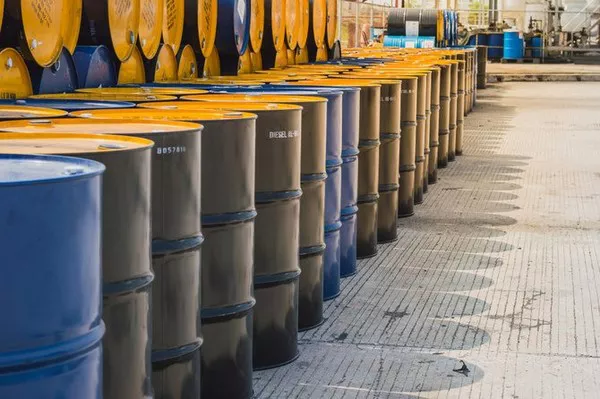In the world of commodities trading, Brent Crude Futures plays a pivotal role as one of the most significant benchmarks for global oil prices. Throughout this article, I will maintain a rational structure, clear logic, and a knowledge-sharing tone, ensuring it is both informative and easy to understand. Furthermore, the information provided will be based on experience, expertise, authoritativeness, and trustworthiness to deliver valuable insights to our readers.
1. What is Brent Crude Futures?
Brent Crude Futures refer to standardized contracts that facilitate the buying or selling of Brent crude oil at a predetermined price for future delivery. The term “Brent” comes from the North Sea oilfield, and this type of crude is known for its high quality and low sulfur content, making it a crucial benchmark for pricing global oil supplies. Futures contracts are traded on various exchanges, allowing investors to speculate on future price movements and effectively manage risk in the volatile oil market.
2. The Mechanics of Brent Crude Futures Trading
To better understand the mechanics of Brent Crude Futures trading, we must first grasp the concept of futures contracts. These contracts include specific details such as the quantity of oil to be delivered, the delivery date, and the agreed-upon price. Traders can either go long (buying the contract in anticipation of price increases) or go short (selling the contract with the expectation of price decreases).
Trading in Brent Crude Futures occurs on major commodity exchanges worldwide, such as the Intercontinental Exchange (ICE) and the New York Mercantile Exchange (NYMEX). The standardized nature of these contracts ensures transparency and liquidity in the market.
3. Why Brent Crude Futures Matter
3.1 Global Oil Price Benchmark
As mentioned earlier, Brent Crude Futures serve as a crucial benchmark for determining oil prices worldwide. As it represents oil from the North Sea region, its price is influenced by factors such as geopolitical events, supply-demand dynamics, and economic indicators. Investors and market participants closely monitor Brent crude prices to gauge the health of the oil market and make informed decisions.
3.2 Risk Management
For participants in the oil industry, managing price volatility is of paramount importance. Producers, refiners, and consumers alike use Brent Crude Futures contracts to hedge their exposure to price fluctuations. By locking in future prices, they can safeguard themselves against adverse movements in the market and ensure stability in their operations.
4. Trading Brent Crude Futures: Key Factors to Consider
4.1 Supply and Demand Fundamentals
Understanding the fundamental factors driving supply and demand in the oil market is crucial when trading Brent Crude Futures. Geopolitical events, production levels, and economic growth are just a few of the factors that can influence prices. In-depth research and analysis are essential to make well-informed trading decisions.
4.2 Technical Analysis
Technical analysis involves studying historical price charts and using various indicators to identify potential price trends and turning points. Traders often use moving averages, support and resistance levels, and other tools to aid their decision-making process.
4.3 Risk Management Strategies
Trading Brent Crude Futures involves inherent risks, and it is vital to employ risk management strategies. These strategies may include setting stop-loss orders, diversifying positions, and limiting the size of trades relative to overall capital.
5. The Role of Brent Crude Futures in the Energy Industry
Brent Crude Futures not only impact traders and investors but also play a significant role in the broader energy industry.
5.1 Impact on Oil Producers and Consumers
Oil-producing countries often rely on oil revenues to support their economies. Fluctuations in Brent crude prices can have a profound impact on their fiscal health. Similarly, consumers and businesses that rely heavily on oil products, such as airlines and transportation companies, are affected by price movements.
5.2 Influence on Energy Investments
Brent Crude Futures can influence investment decisions in the energy sector. When oil prices are high, there is typically more incentive to invest in exploration and production projects. Conversely, low prices may lead to cutbacks in such investments.
6. The Future of Brent Crude Futures
As the world transitions towards renewable energy sources and increased environmental consciousness, the future of Brent Crude Futures is likely to face challenges. Factors such as climate policies, technological advancements, and shifts in global energy demand will impact the relevance and importance of this benchmark.
Conclusion
In conclusion, Brent Crude Futures hold a critical position in the oil industry, serving as a global benchmark for oil prices and providing a mechanism for risk management.I hope this article has enriched your understanding of Brent Crude Futures and its significance in the energy market.


